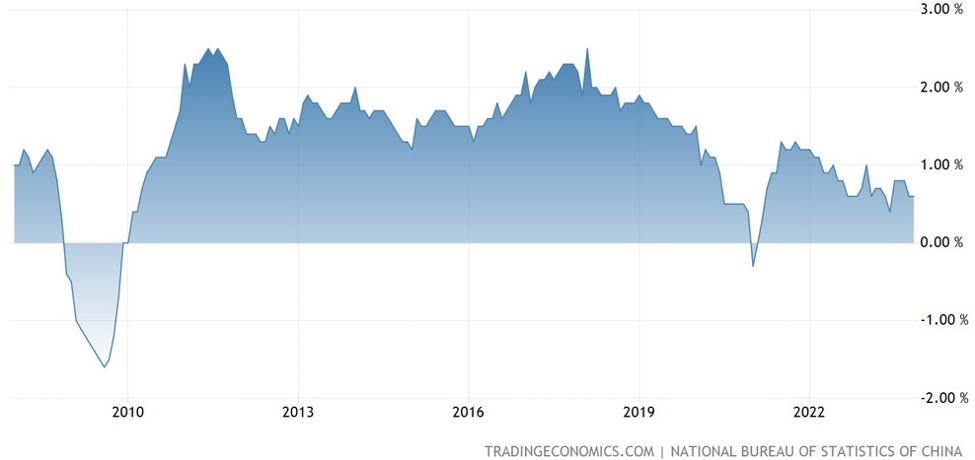Just as there is no smoke without fire, rumors, and news — especially regarding geopolitics and changes in the Middle East — rarely arise for no reason. Although tensions in the region seemed to have calmed down following the ceasefire between Israel and Hamas, giving the world a temporary respite, the situation could flare up again at any time, subsequently causing increased volatility in the S&P 500.
Recent U.S. intelligence reports indicate that Iranian nuclear scientists are working on a faster way to develop nuclear weapons. The sources claim that Iran is looking for a “shortcut” that could allow it to build a bomb in just a few months instead of a year or more. This follows earlier reports that Iran’s secret nuclear development agency is operating inside the facilities of its space program.
How can one not recall a Wall Street Journal article claiming that U.S. President Donald Trump had considered launching “preemptive airstrikes” against Iran to deter its nuclear ambitions? Alternatively, Washington could pressure Tehran economically by imposing sanctions on Chinese ports receiving Iranian oil or introducing tariffs on China to reduce its total imports from Iran.
What if the worst-case scenario occurs?
The immediate consequence of a military operation against Iran would probably be a rise in oil prices. Despite US sanctions, Iran has remained OPEC’s third largest oil producer, behind Saudi Arabia and Iraq, surpassing the United Arab Emirates. How is this possible? Like Russia, Iran employs the “shadow fleet” strategy and various commercial methods to circumvent sanctions.
China, which buys about 90% of Iran’s oil exports, would be one of the main economic victims of such an escalation. But the ripple effect would spread worldwide, driving up energy prices. Some estimates suggest that disrupting Iranian oil exports could increase crude oil prices by $5 to $10 per barrel. Now, if Iran attempts to block the Strait of Hormuz, a move that could trigger a global energy crisis.
Financial markets would not be left out either. When the heat is on — such as rising geopolitical tensions in key economic regions — investors usually start dumping riskier assets, and right now, cryptocurrencies are at the top of that list. Instead, they flock to safe-haven assets like XAUUSD. That said, it’s worth noting that in recent years, the impact of negative news from the Middle East on investor sentiment has been short-lived.
The real game-changer would be if Iran attempted to disrupt shipping through the Strait of Hormuz and succeeded. That would make the risk of another inflationary surge very real, forcing central banks to respond — the same story as always. For now, though, investors aren’t pricing in that scenario.















